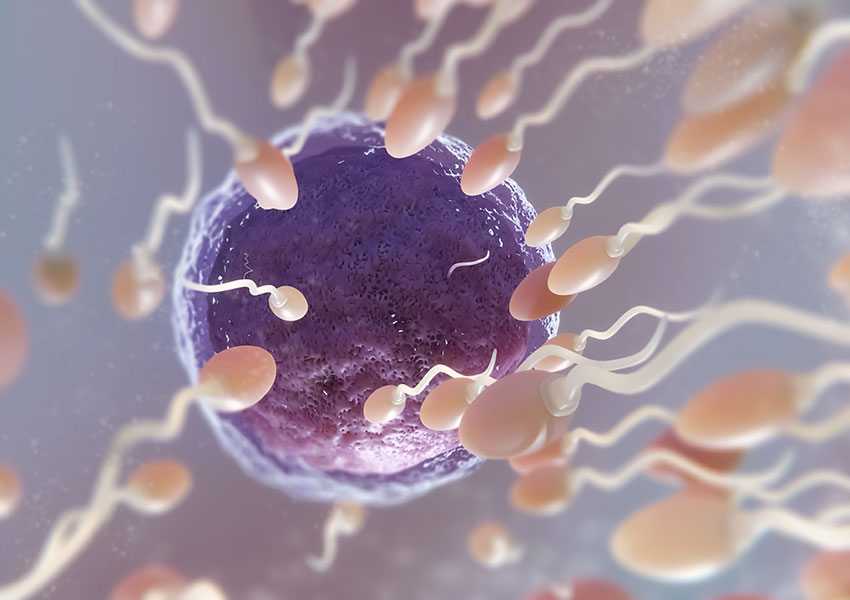How Many Times Can IVF Treatment Be Attempted?
In Vitro Fertilisation (IVF) is an effective and popular method helping couples achieve their dream of having a child. This treatment was designed to assist couples struggling to conceive naturally. However, before embarking on the journey of IVF, there are significant questions couples often ponder. One of the most pressing being, "How many times can IVF treatment be attempted?" This article will delve into the answer to this question, discussing success rates, potential risks, and the treatment process of IVF.
What is In Vitro Fertilisation (IVF)?
In Vitro Fertilisation (IVF) is a process in which an egg and sperm are fertilised in a laboratory environment to form an embryo, which is then transferred into the mother's womb. With this method, the fertilisation process of female and male reproductive cells is performed externally, and the resultant embryo is placed into the mother's womb.
Success Rates of IVF Treatment
The success rates of IVF treatment are quite variable. The success rate depends on factors such as the patient's age, clinic experience, embryo quality, and the couple's reproductive health. In general, the success rate is higher in younger and healthier couples. However, the chances of success can decrease with each attempt, making the question of how many times IVF treatment can be tried a crucial one.
How Many Times Can IVF Treatment Be Attempted?
In theory, IVF treatment can be attempted an unlimited number of times. However, considering the cost, time, and emotional impact of each attempt, this is not a realistic approach. Typically, doctors and clinics suggest a number between three to six attempts. This allows for the balance of increasing chances of success against risks and costs.
Decision Making in the Treatment Process
The number of IVF treatment attempts is a decision to be made jointly by couples and their doctors. Uncertainties about the success of the treatment and the couple's living conditions are factors influencing this decision. Couples should consider factors such as costs, success rates, age, and health conditions to decide on the most suitable number of attempts.
Potential Risks and Side Effects
While the chances of success increase with each IVF treatment, so do some risks and side effects. These risks include:
- Emotional fluctuations due to hormonal changes
- Ovarian Hyperstimulation Syndrome
- Ectopic pregnancy risk
- Multiple pregnancy risk
- Changes in progesterone and estrogen levels
Doctors suggest suitable treatment and medication protocols to couples to minimise these risks.
Tips to Increase Success in IVF Treatment
Couples can contribute to increasing the success chances of IVF treatment by making lifestyle changes and preparations suitable for the treatment. Here are some tips:
- Maintain a healthy weight through a healthy diet and regular exercise.
- Practice relaxation techniques and meditation to manage stress.
- Quit or reduce smoking and alcohol consumption.
- Use vitamin and mineral supplements as recommended by your doctor.
- Review your sleep schedule and ensure an adequate sleep pattern.
Methods Used in IVF Treatment
In addition to the classic IVF method, there are other procedures that can be employed. For example, Intracytoplasmic Sperm Injection (ICSI), donation methods (sperm, egg, and embryo donation), Preimplantation Genetic Diagnosis (PGD), and embryo freezing can be discussed.
The cost of IVF treatment is directly related to the methods used during the treatment process and the number of attempts made. The average costs for IVF treatment and the effect of the number of trials on the cost can be discussed. Additionally, insurance companies' policies on covering treatment costs and government support can also be touched upon.
Alternative Options After Failed IVF Attempts
This section can provide information about alternative options for couples to consider if IVF treatment fails. Specifically, options such as adoption, surrogacy, and acceptance of a child-free life can be explored.
Psychological Support and Counselling
The stress, anxiety, and emotional ups and downs couples experience during the IVF treatment process can be significant. In this section, the role of psychological support and counselling services can be discussed, highlighting how these can assist couples in navigating the treatment process in a healthier way.
Although IVF treatment is a promising method for couples wanting to have a child, it is important to make decisions about how many attempts should be made during the treatment process. Couples should consider factors such as age, health status, costs, and success rates in collaboration with their doctors to decide on the most suitable number of attempts. Additionally, active participation in the process by making lifestyle changes and appropriate preparations can be crucial in increasing the chances of IVF treatment success.


